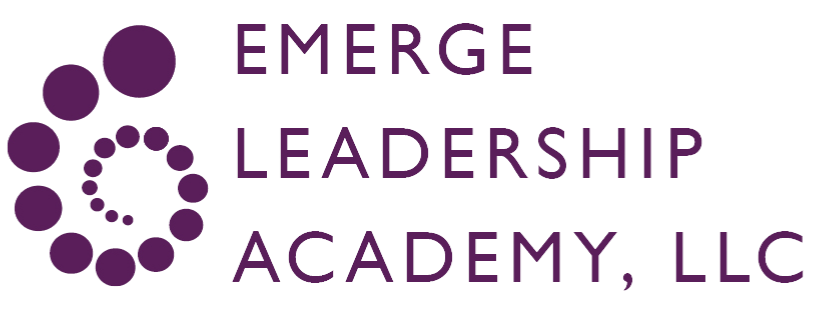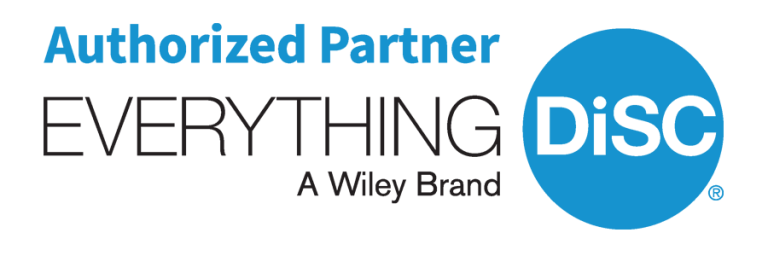I was around 10 when I first discovered how different my family was.
You see I thought everyone’s grandparents were best friends. But I found out my grandparents were unique. You see my father’s parents and my mother’s parents – they were best friends with each other when my parents were still just little kids.
When their oldest son, my dad, married the others’ middle daughter, my mom, the story goes that they had a sit down with “the couple” before they got engaged and basically said, “You better be sure because we don’t want you to screw this up for our friendship.”
My parents ended up having 6 children in less than 9 years. I’m number 3.
We had it good because there were many occasions that both sets of grandparents were at our family events.
And both of my grandfathers were strong personalities and “self-made men.” They worked hard and rose to the top in their fields.
They were all great role models and my grandmothers played the role of solid loving support and they kept everything going with the kids (10 between the 2 families) and the businesses and the social scene too.
So I had parents with good backgrounds and although my Dad eventually became an alcoholic and my parents split after 24 years, I can say with certainty that I had a good childhood and a strong foundation. I was fortunate.
This is not the case for the majority of recovering (or active) alcoholics that I know. In fact, studies in America show that dysfunctional families are the norm.
According to the American Academy of Child & Adolescent Psychiatry, one in five adult Americans have lived with an alcoholic relative while growing up. In general, these children are at greater risk for having emotional problems than other kids whose parents are not alcoholics.
Children of alcoholics are four times more likely than others kids to become alcoholics themselves and most of these children have experienced some form of neglect or abuse in the home.
In recovery, we know that parents are always doing the best that they can but as hurt children, many feel it’s not good enough.
I can’t tell you the number of stories I’ve heard over the years of abuse (all kinds), neglect, over-controlling, and downright toxic family situations.
It amazes me when I hear the stories because on the outside they seem like perfectly well-adjusted adults. It’s because we are survivors! But coping skills we learned as children usually don’t work well as functioning adults.
If I’ve learned anything, I’ve learned this, people who grow up in unbearable situations sometimes rise higher than you could ever believe possible. They overcome their trauma and master their inner stories.
So remember, you may have NO IDEA what someone else may have lived through as a child. So be kind. We are all fighting unseen battles.
When we judge someone else’s behavior or how they expressed themselves, it could just be hurtful because again, you have no idea where they came from or what they are dealing with.
Yes, we can and do recover! As human beings, we are incredibly resilient, especially when we have support.
Support comes in the form of healthy choices in the people we choose to hang around with. I know many people in recovery who have new brothers and sisters who they call family. A family of choice. Connection is key.
On my podcast today my guest is Kristina Dennis, a Recovery Coach and parent of a child with special needs. She shares her story of growing up in many different parts of the world in a dysfunctional family that had a toxic secret.

When she found out, she left. Kristina went searching for someone to love and care for her. And although she created a great job, she became dependent on alcohol to deal with an abusive marriage.
Thank God she got into recovery at a young age and has made a beautiful life for herself because she was willing to challenge her beliefs and change her patterns. Now she helps others to thrive in recovery. Don’t miss this episode!
All my best,
Maureen
P.S. Are you ready to forgive the past and step into your full potential? Check out my Recovery@Work Program and imagine the next best move you can make for yourself.



